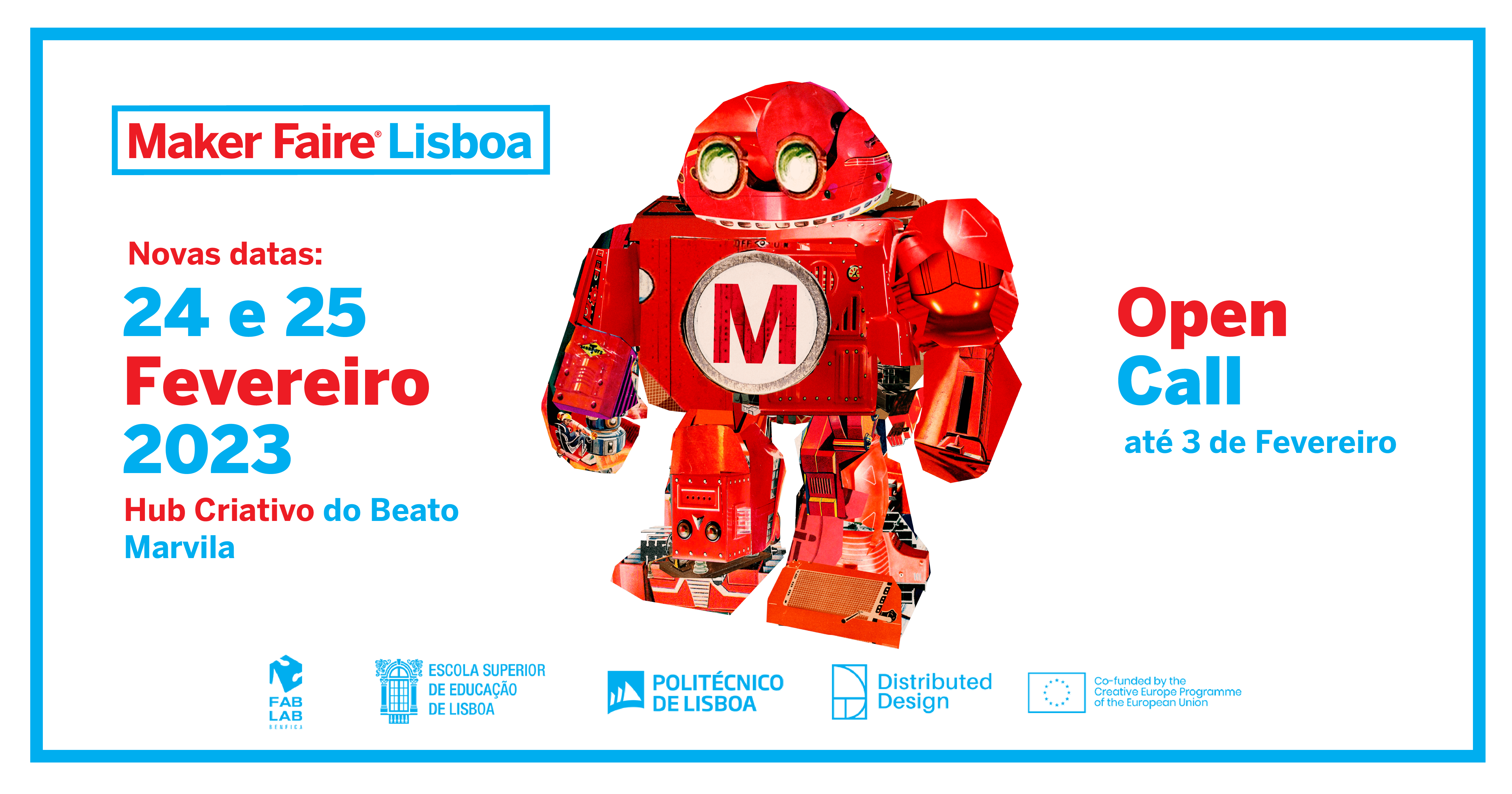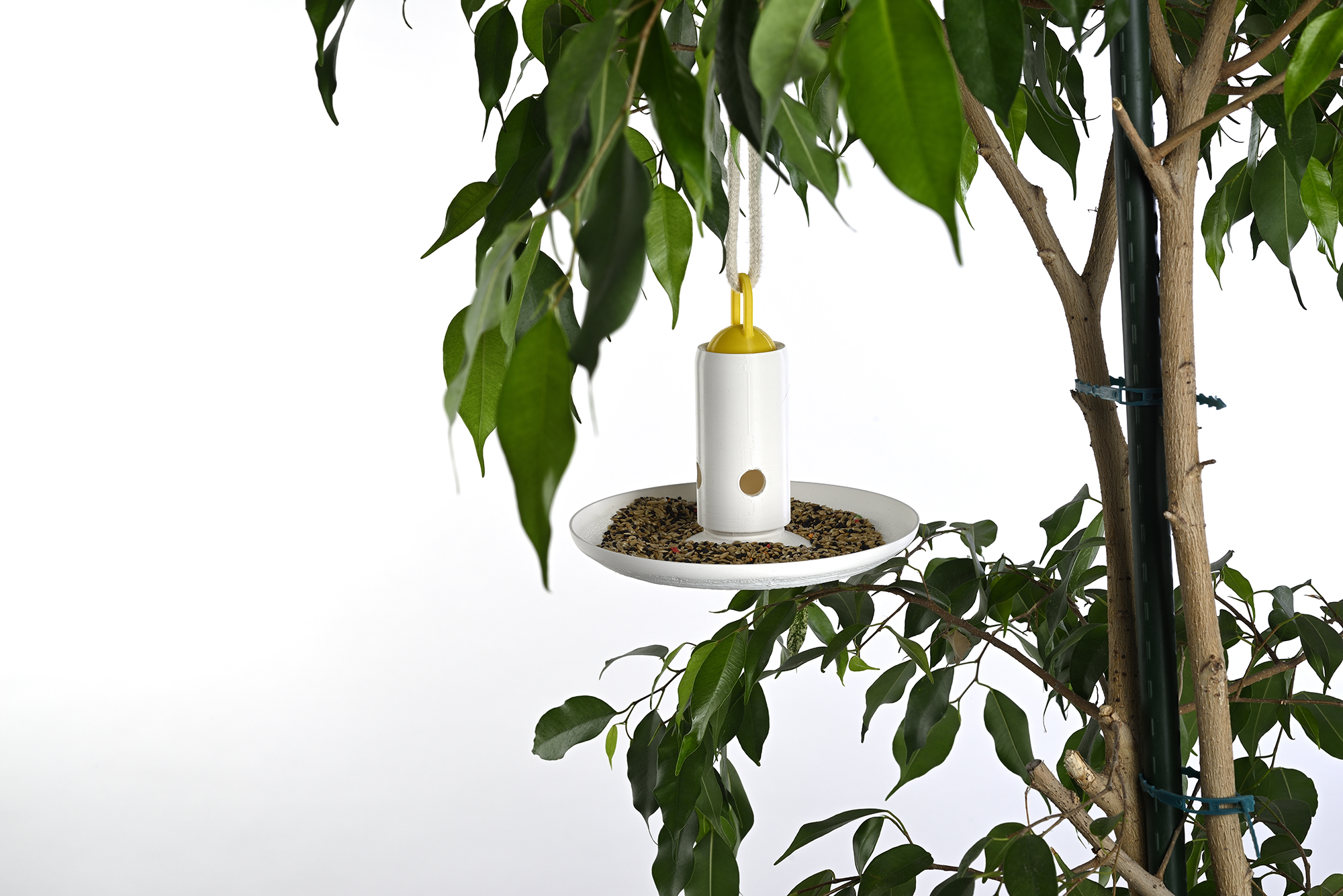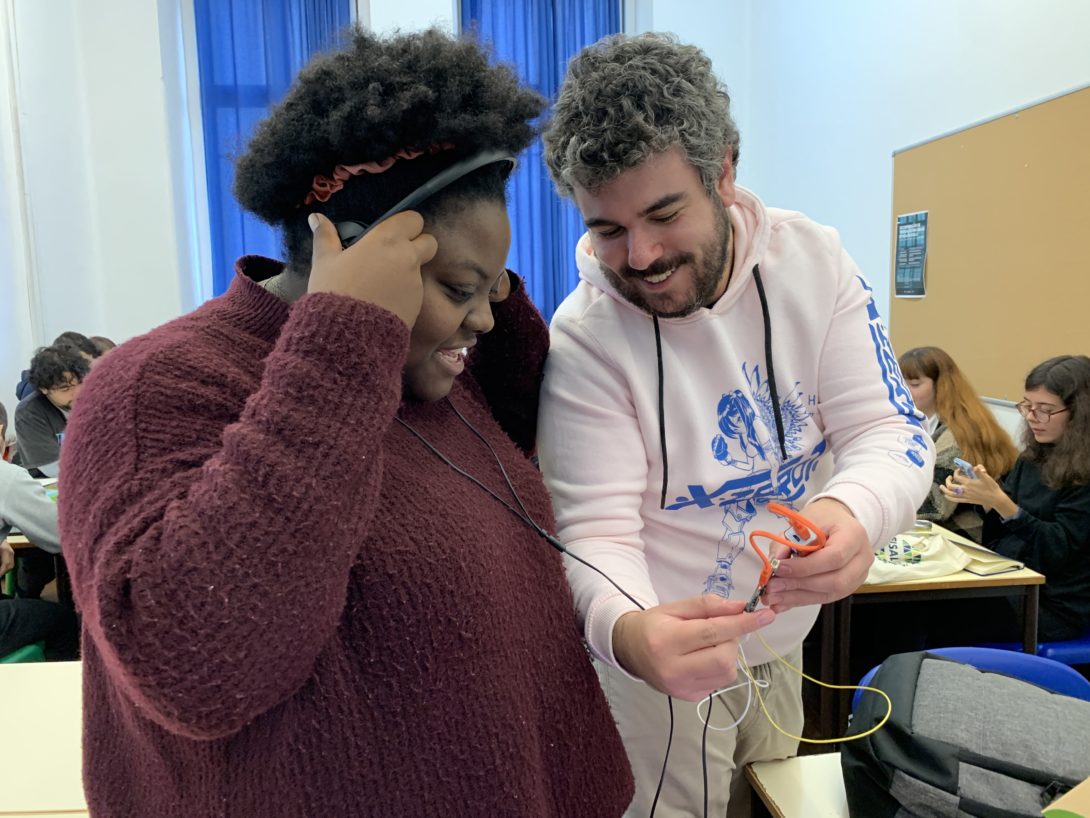IPL local Distributed Design Platform activities = Open and Distributed Design for Education
Fabschools invites you to imagine how a Fablab (Makerspace) can impact education. How can it extend to schools where makerspaces or digital fabrication tools are not a reality? How can it expand its educational range?
We invite both educators and creatives (makers, designers, artists) who traditionally inhabit the fablab to collaborate.
We are not seeking to prove the merits of including project-based learning and other creative education strategies in different settings. Those are far proven (Resnick, 2018). The challenge here is to understand how to use the production which occurs in the informal educational contexts of fablabs and work on strategies among formal educators to extrapolate these to more traditional environments. In this sense, it’s not just a matter of merit or quality of a specific methodology. It’s a matter of overcoming bureaucracy, motivation, and many barriers between these worlds, of hacking an established system.
The Fabschools proposal is based on community building – How can we develop material and online encounters aimed at product development and testing, reflecting on experiences and networking? And also, how are the agents of the system motivated to participate and build these communities?
Fablabs (or makerspaces) are a powerful tool for knowledge management in many senses, from creation to dissemination. But sometimes, they struggle to form communities around projects and shared goals, so to benefit from this kind of initiative and to be able to assume it as content.
From a Distributed Design Platform perspective, we invite designers and provide them with tools for creating and assessing Open and Distributed Design for Education (DD4EDU).
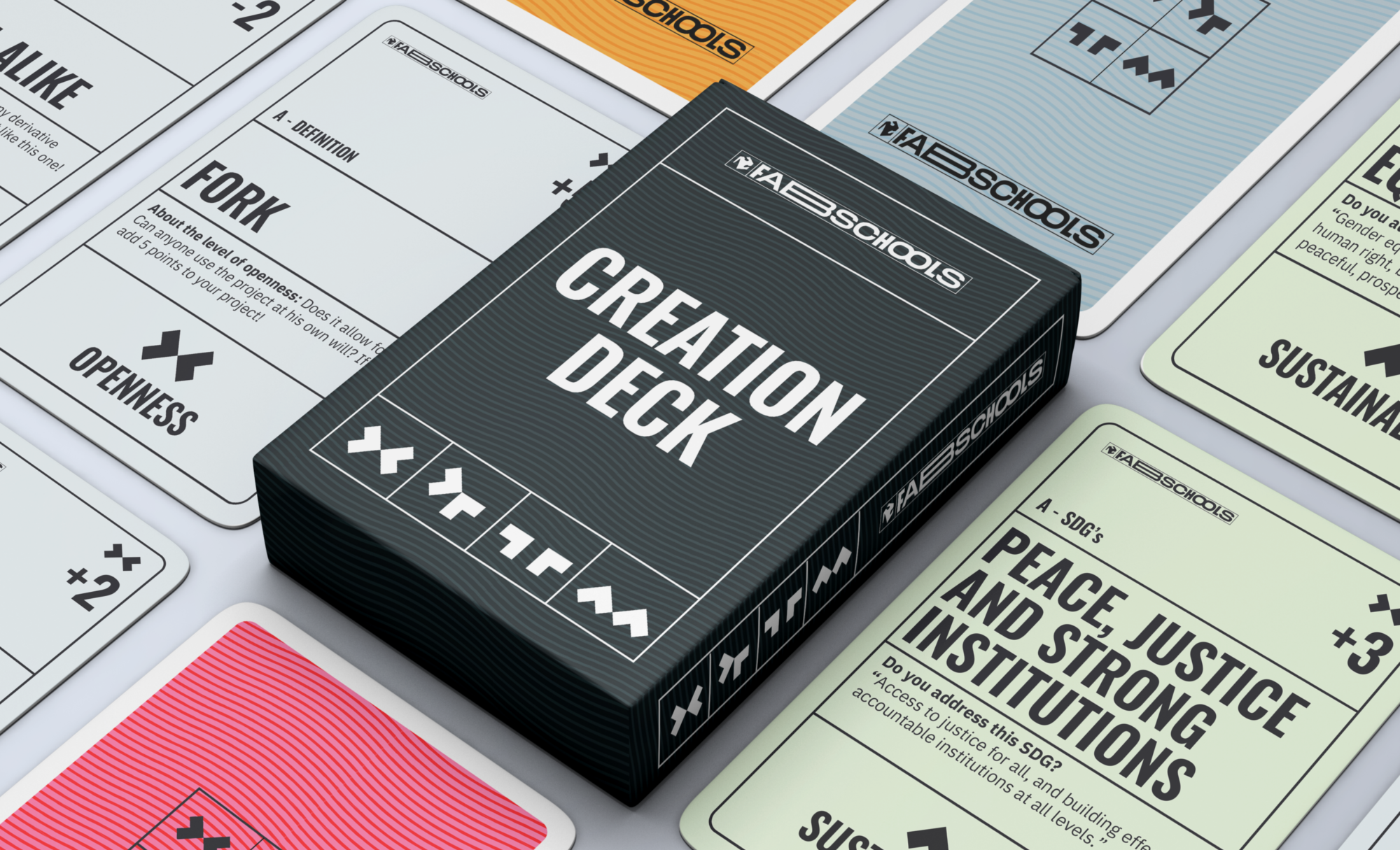
Fabschools Deck
Our dearest example is the Fabschools creation deck (Rocha & Almeida, 2020), a deck of cards that provides the designer with a dynamic roadmap and checklist of DD4EDU’s indispensable premises.
It starts by evaluating the educational context and creating a stakeholders map providing the designer with an ecosystemic overview of its design. The last two decks assess the environmental sustainability impact and the SDG angle on sustainability and evaluate the openness strategical position, from the licensing to the platform presence of the projects.
Teachers training
As the School of Education, we are an accredited teacher training centre. Even our smallest initiatives can become certified training. The strategy is to use our platforms, such as the Maker Faire Lisboa and the fablab, as places where we make this training happen. Training sessions are a place to create community, content, and strategy and to disseminate and test DD4EDU.
Design Education
The topic of DD4EDU is also part of the design education agenda at IPL.
Fabschools and its tools are the motes of at least one of the design undergrads’ assignments. The resulting projects are all open for collaboration on Wikifactory
and some integrate one of the DD residencies in a partner fablab in a different location in Portugal later in the school year.
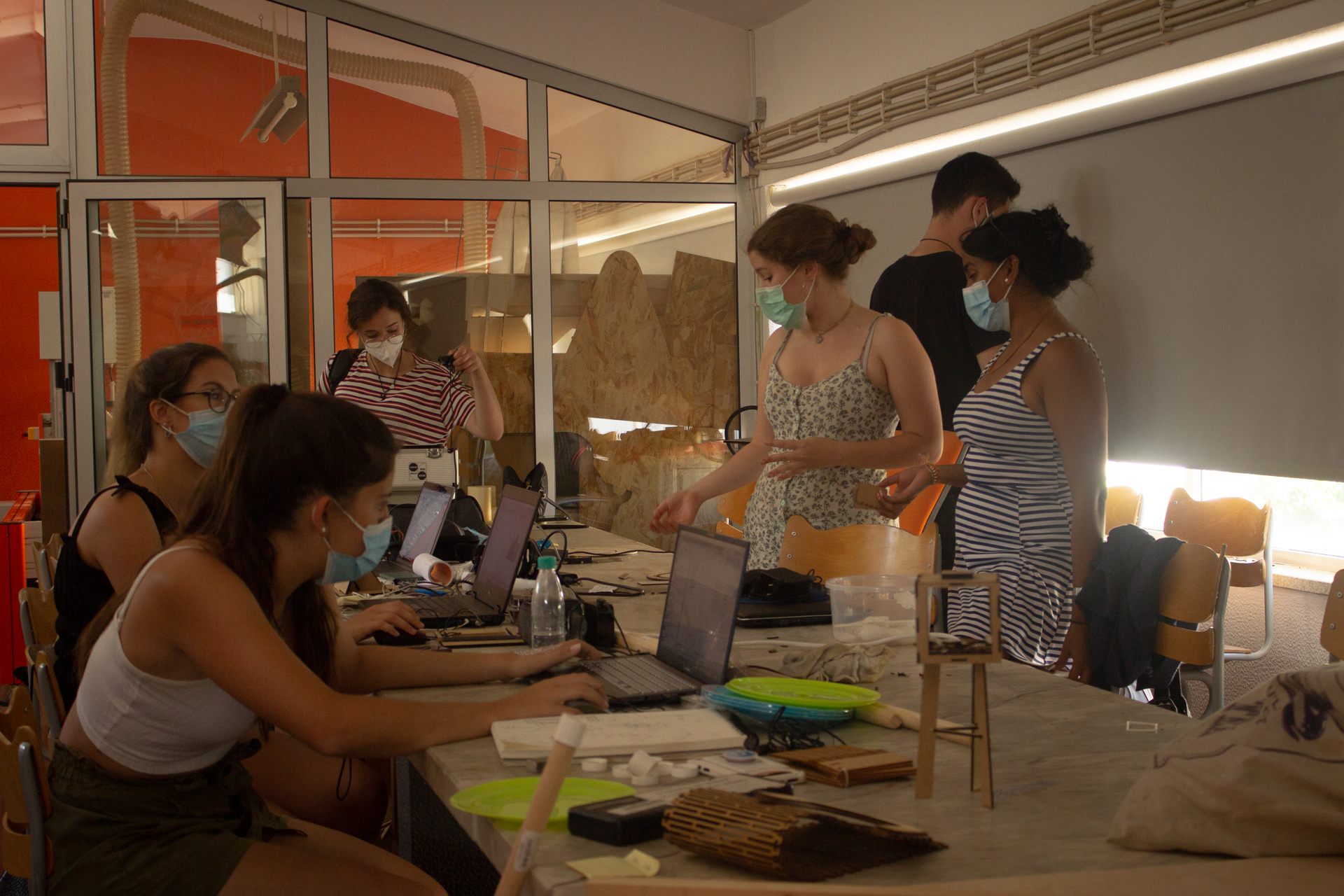
The success of these strategies and the growing work and research corpus led to the creation of a post-graduate studies degree on the Design of Interactive Products for Education, with the intent of augmenting the critical mass in the field and creating a community of practice. The students are both designers and educators, and the program involves basic training in all areas and collaboration projects among students. Entering a shortlist of the best maker schools by Newsweek Magazine in 2021 was also a consequence of this set of actions.
Maker Faire Lisboa
Lastly, for the promotion of our creatives among the general public, but mostly as a good excuse to expand the community, there is our most important DDP activity – Maker Faire Lisboa. Of course, we will dedicate more to it late thus it is essential to integrate it as a core part of the fabschools strategy too. Maker Faire is a reliable brand, for families, schools and makers. They all want to be a part of it, and we want to have Fabschools, playing the role of the DD4EDU curator there. The Next edition will happen on the 23rd and 24th of February 2023 at Beato Creative Hub in Lisbon – a beautiful venue by the river where we expect you!
If you believe your participation contributes to our Fabschools plan, mention that in your application to our Open Call! See you in Lisbon!
Story by André Rocha [DDP and Fabschools coordinator at IPL]
